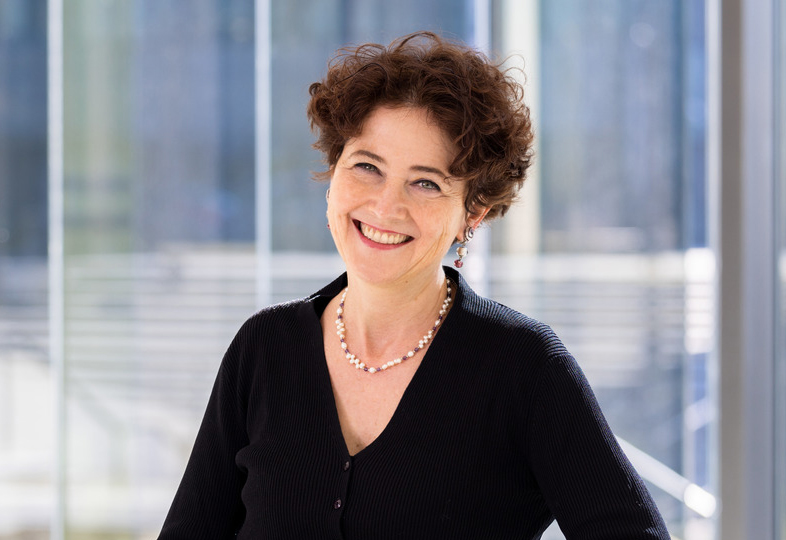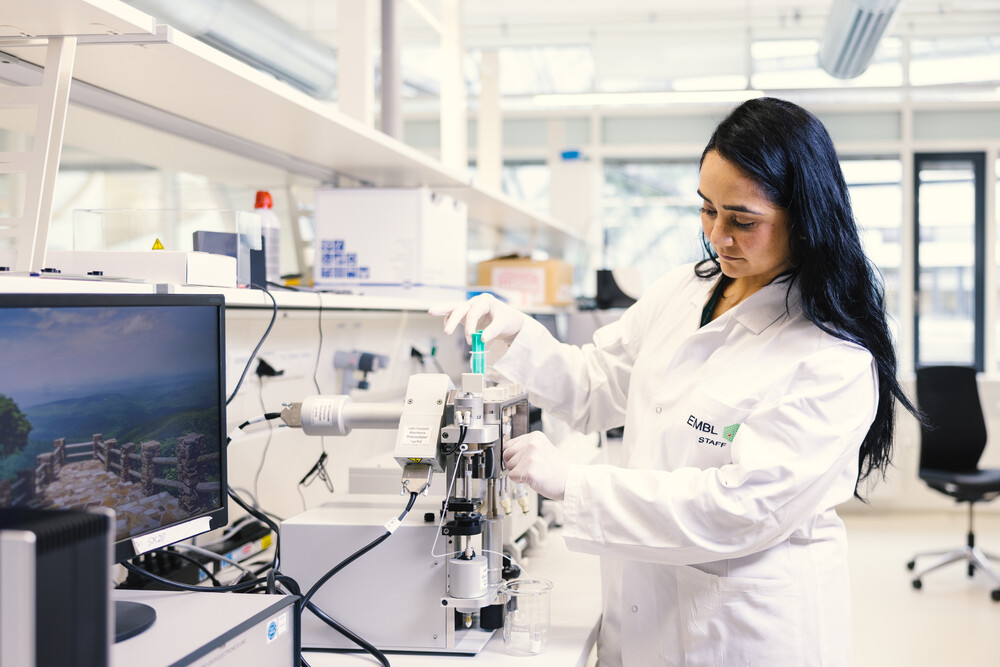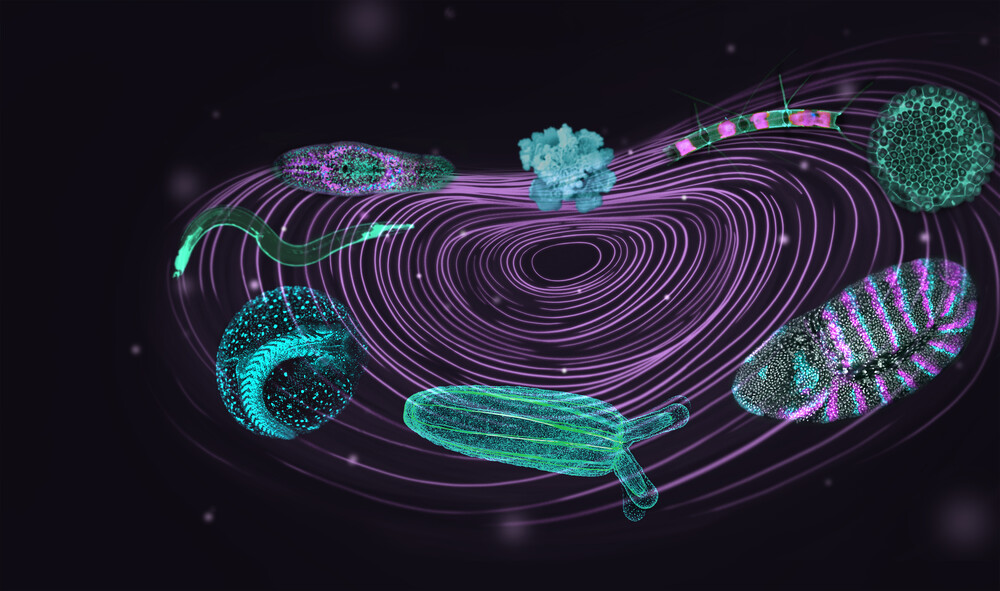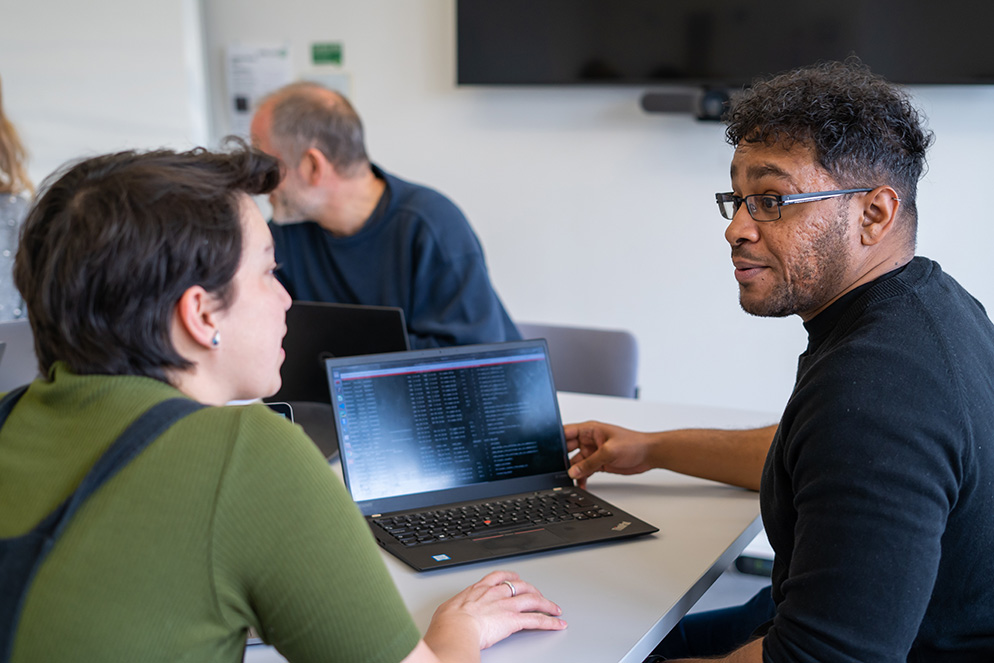
Much more than the sum of our parts
EMBL programme hits its stride as EMBL works with partners to strengthen European science and the novel discoveries it affords
From the beginning, EMBL has been about togetherness.
In 1974, 10 countries came together because they believed in the need and the potential for a European life sciences research organisation. Together, they supported this endeavour, and the institute that sprung up from this union likewise yielded benefits for all. Over the years, the number of member states has grown, as have the partners that expand what EMBL can do. When I look back on 2023, the basis of so much of what we have accomplished comes down to the extraordinary cooperation both within EMBL, and outside it with our member states, alumni, donors, and a huge network of collaborators around the world.
“Alone we can do so little; together we can do so much.”
From Helen Keller, the noted disability rights advocate, these words still ring true, especially at EMBL. Partnership and collaboration expands what we do collectively, but also individually. And it’s not just about swapping skill sets. Our perspective expands too. Partnerships multiply our capacity with mutual benefits for one another but also for scientific quests that go far beyond our own work as we build tools that help others. Our partners do allow us to do much more.
This past year, Latvia and Estonia formally joined us as member states. Scientific partners such as Latvia’s Biomedical Research and Study Centre and the University of Tartu in Estonia will only serve to make EMBL stronger. Likewise, Serbia became our latest prospect member state, and we look forward to exploring this relationship and sharing knowledge and expertise with its scientific organisations.









